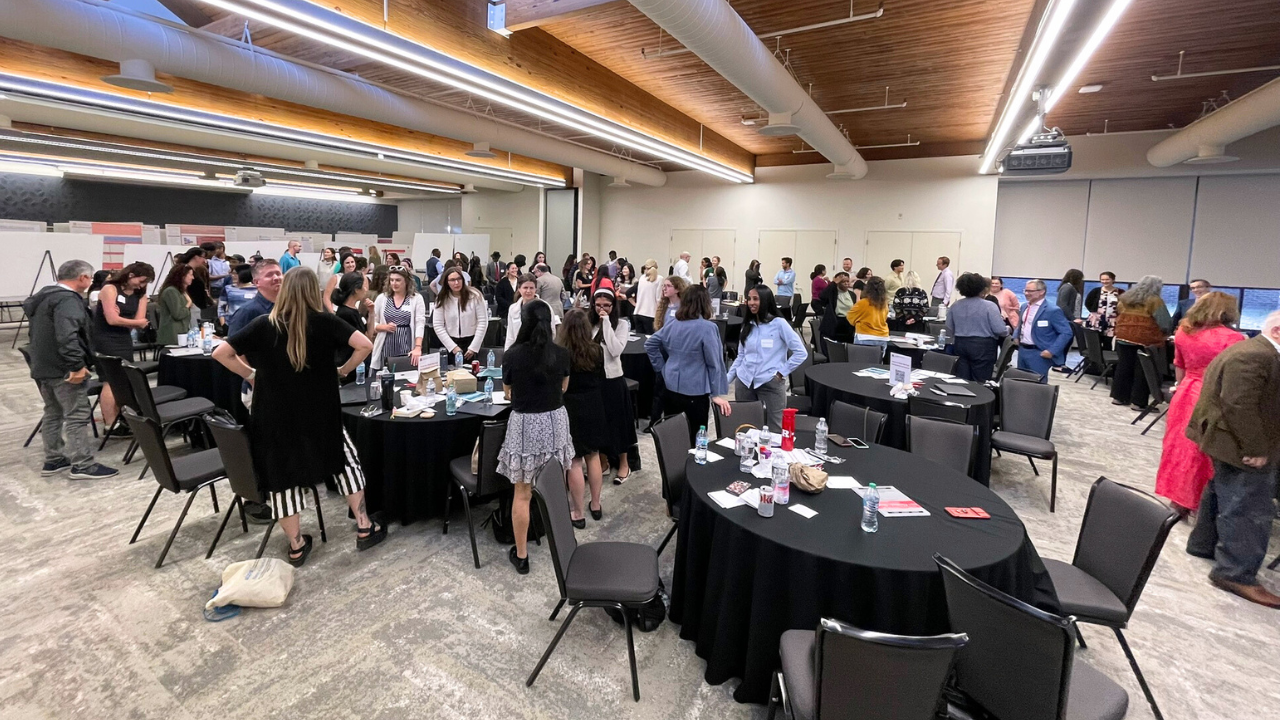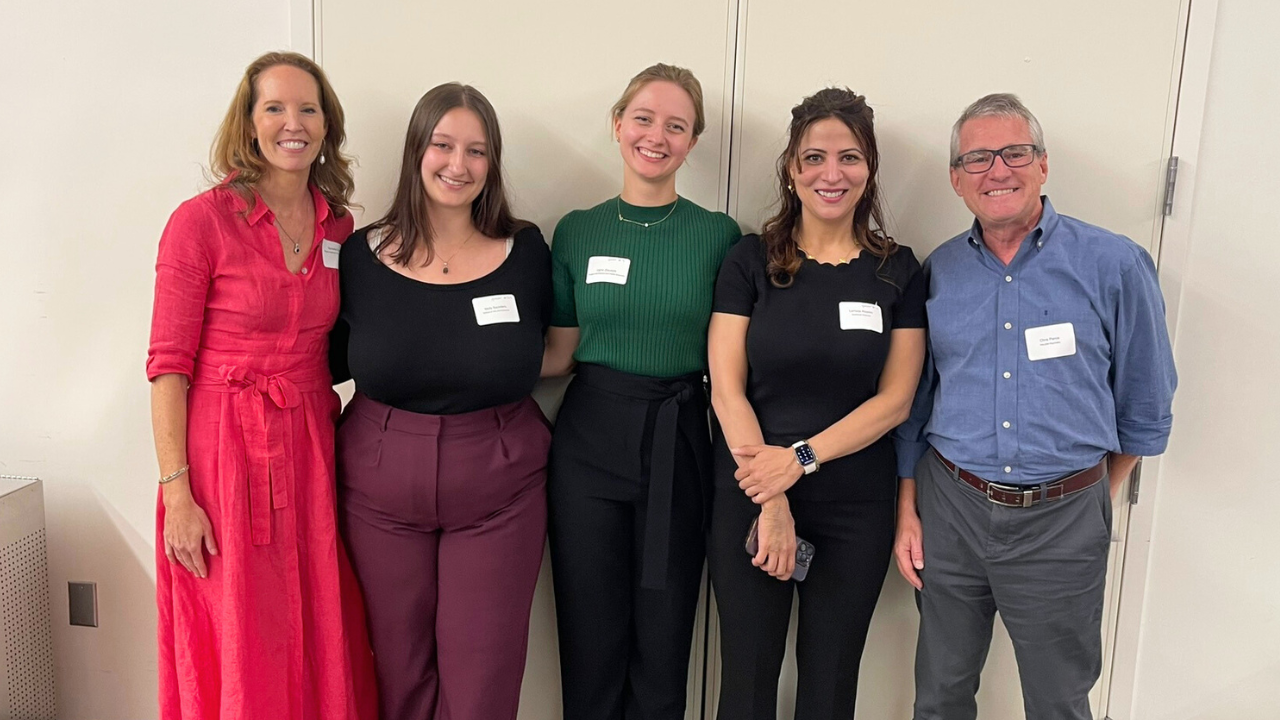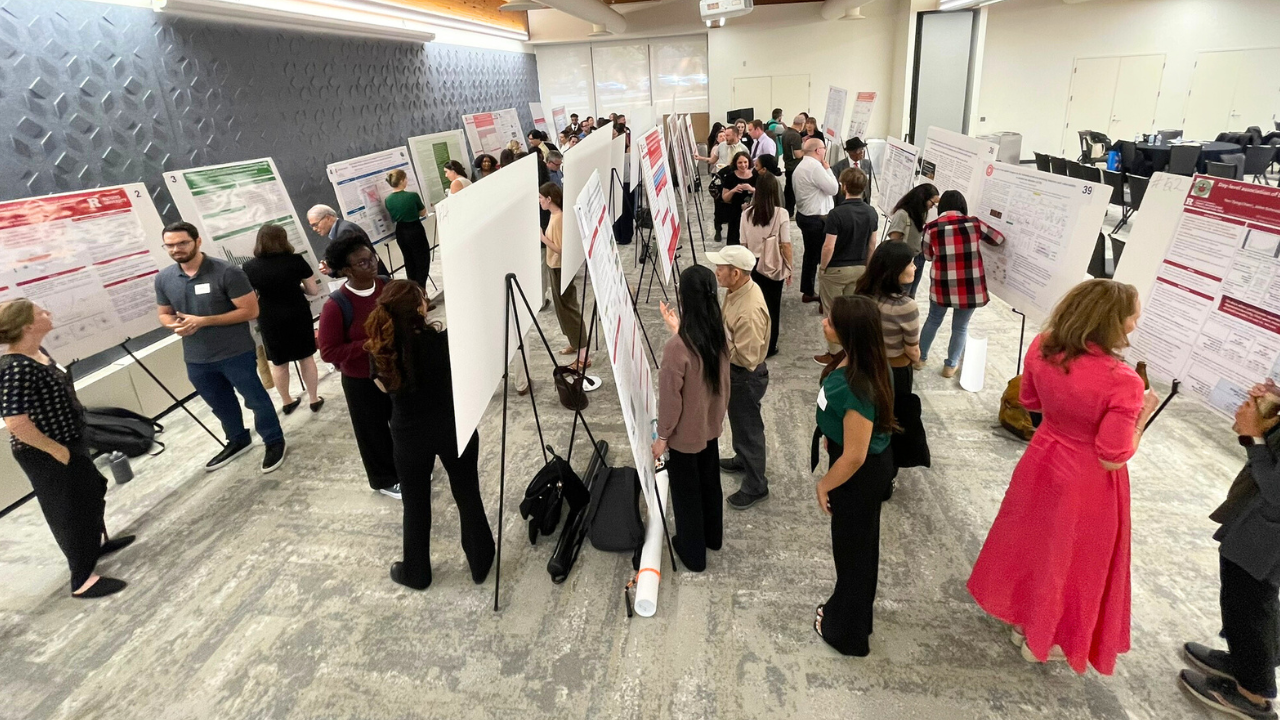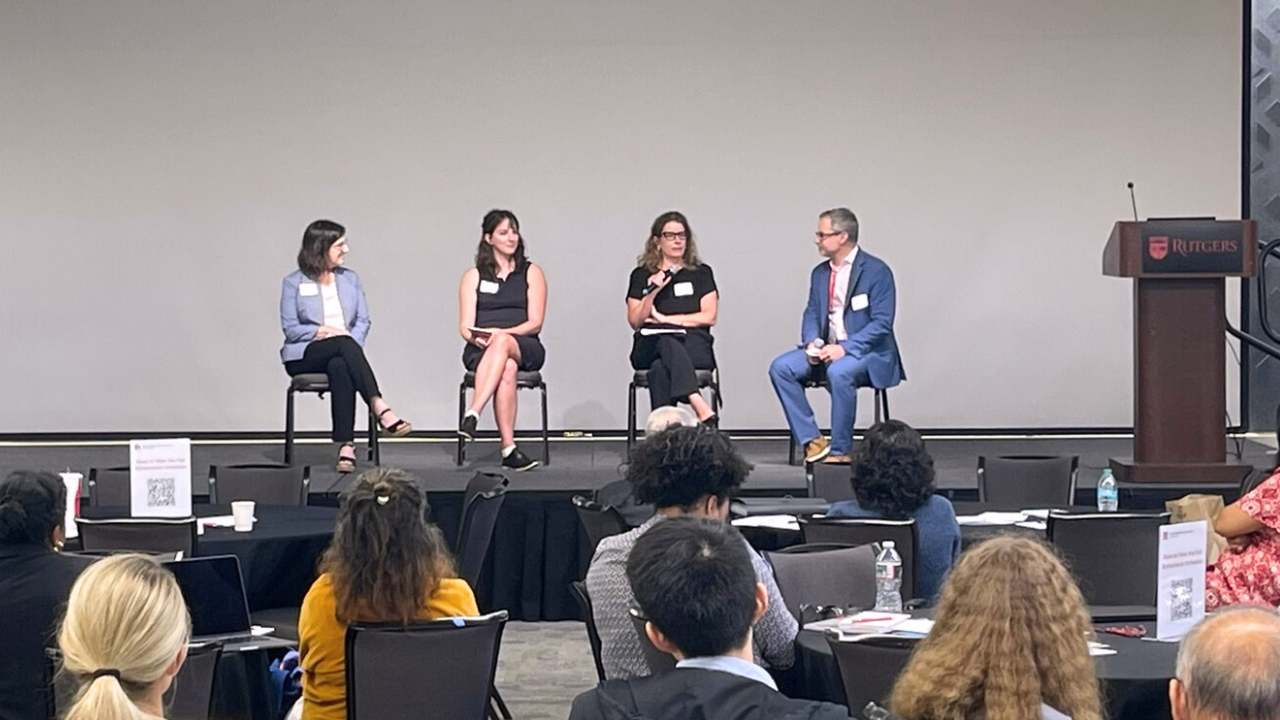
RARC
The Rutgers Addiction Research Center (RARC) brings together researchers, clinicians, and community members to advance innovative solutions for addiction prevention, treatment, and recovery through cutting-edge science and collaborative efforts.
Who We Are
The Rutgers Addiction Research Center (RARC) within the Brain Health Institute was launched in 2022 and is now the largest comprehensive addiction research center in the country. We are a multidisciplinary home for addiction-related activities across Rutgers, bringing together researchers, clinicians, and community members who are dedicated to tackling addiction.

Our Comprehensive Approach
The RARC is not a place; it is a community.
We bring together researchers from across the Rutgers campuses and medical centers who are working to tackle addictive disorders. Our research at Rutgers spans basic science, prevention and intervention, treatment and recovery, and public policy. It addresses substance use disorders, gambling, social media and gaming, eating disorders, and more. We work to bring that research to the community in engaging and empowering ways, to help others apply this knowledge in ways that will benefit their lives. The RARC is your one-stop-source for all things addiction related at Rutgers.

Our Director
Dr. Danielle Dick is the inaugural Director of the Rutgers Addiction Research Center (RARC) at the Brain Health Institute. Recruited in 2022, Dr. Dick leads the largest comprehensive addiction research center in the country, fostering a multidisciplinary approach to address addiction across Rutgers University. The RARC unites researchers, clinicians, and community members to tackle issues spanning substance use disorders, gambling, social media and gaming, eating disorders, and more.
Dr. Dick’s research focuses on understanding how genetic and environmental factors contribute to patterns of substance use and related behaviors, such as child behavioral and emotional challenges. Her work combines developmental and clinical psychology, behavior genetics, and statistical genetics to identify genetic influences on impulsivity and behavioral/emotional regulation. By leveraging insights into these factors, Dr. Dick aims to inform effective prevention and intervention strategies to combat addiction and improve public health outcomes.

Explore Our Other Centers
Discover the groundbreaking work happening across all our Centers of Excellence. Each center contributes uniquely to advancing neuroscience research and innovation.








